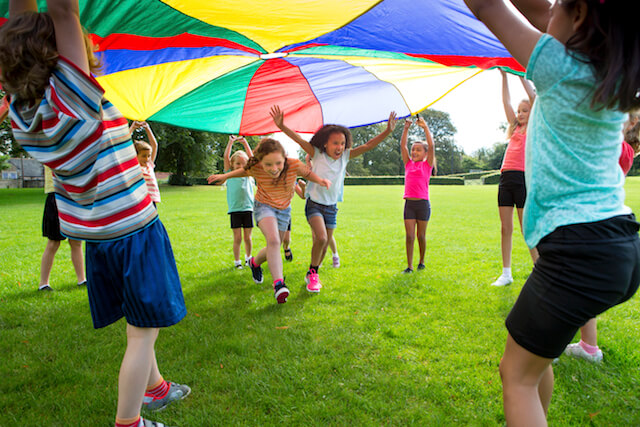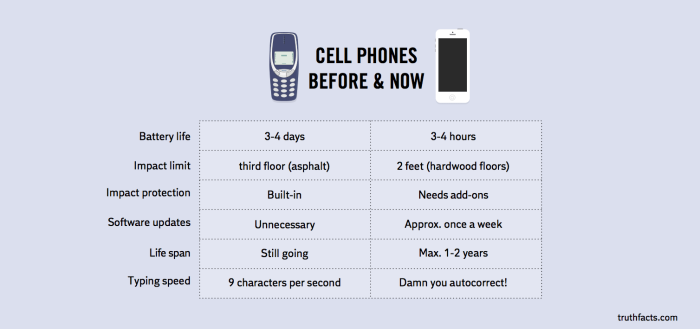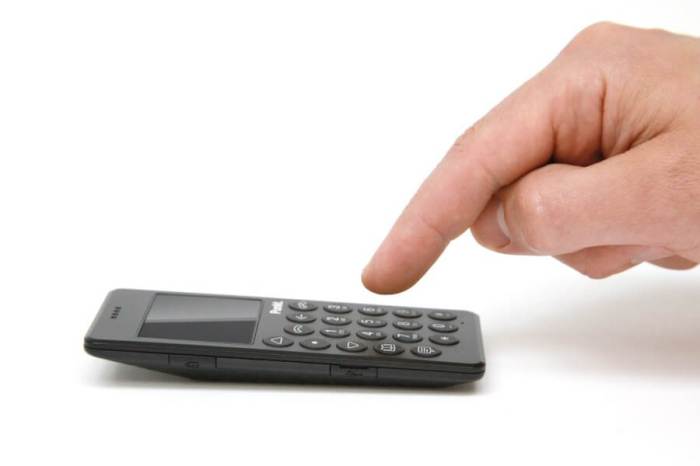By now, it’s a well-worn argument: The far-reaching grasp of technology has basically taken our attention spans hostage.
But what’s more frightening is that it’s eroding our ability to empathize, argues Michele Borba in her new book “Unselfie: Why Empathetic Kids Succeed in our All-About-Me World.”(Out June 7)Borba’s premise is straightforward: Empathy is crucial to sucessful relationships, leadership and overall wellbeing. It’s a learned behavior, and one that needs extra practice in an age of self-absorbtion. RELATED: Why meditation makes you more productive than multitasking
“You practice saying, ‘Hey, that looks wrong’ by face-to-face interaction. You don’t learn it by a screen,” says Borba. “The more we’re plugged in, the more our empathy can wan if we’re not deliberately tuning it up. You don’t learn nuances by circling emojis, for heaven’s sake.” Here are Borba’s tips for children (and adults) who need to cultivate empathy:
RELATED:Negotiating isn’t ruthless, it’s business Unplug Role play Read to develop moral couage Connect face-to-face
Because online communication lacks intonation and tone, “you’re not getting the perspective of where the person is coming from — that’s the cognitive side of empathy,” says Borba. One way to flex that empathy muscle is simply by pointing out emotions, and their physical manifestations. It starts with “Oh, daddy is sad because daddy’s’ face has a frown,” says Borba, and translates to the playground, where kids are then better equipped to point out bullying when they see it.
One of Borba’s most timely points is that “empathy is probably our best strategy we have for combating sexism and racism.” And — hard as it is — let’s say it’s your kid that’s a bully lacking empathy. Instead of a timeout, which “doesn’t help children learn acceptable behavior or consider the feelings of those they hurt,” get them to step into another’s shoes and reinact positive behavior. Says Borba, “Say you’re disappointed and why. It’s because I expect better of you. You’re a caring person, so let’s do that again.”
Reading literary fiction (classic examples include “Lord of the Flies” and “The Boy in the Striped Pajamas” for younger kids) builds empathy by helping kids identify the emotional cues that inform a character’s decision-making process. Consider having kids write an entry in “The Diary of Anne Frank” from Anne’s perspective, or literally stepping into the shoes of a character by creating them out of construction paper and adopting the fictional persona. “Why did a character respond the way they responded?” is a key question for developing empathy, says Borba.
Borba describes a young child with behavioral issues who developed empathy when his caretakers let him hold a baby. It was a moment of “compassionate conversion” — meaning that the child saw how considering someone else’s needs helped him understand his own. Empathy in the abstract is a difficult concept, and kids often need to see its immediate impact. When kids see the positive consequences of empathy, says Borba, they feel empowered.
How to raise successful kids

istock


















